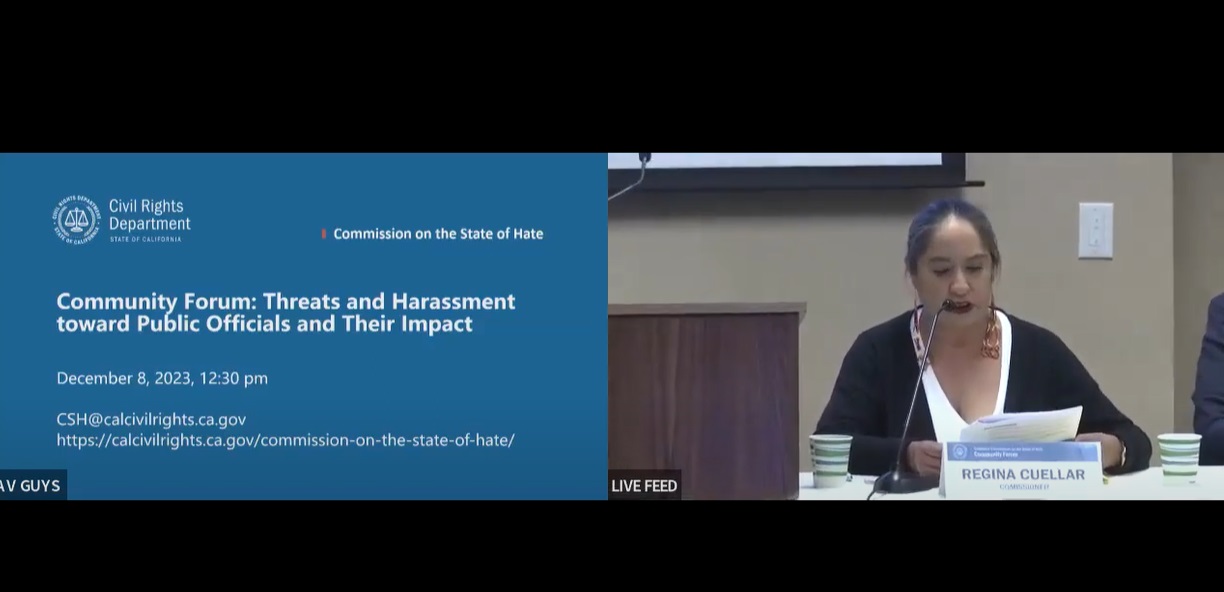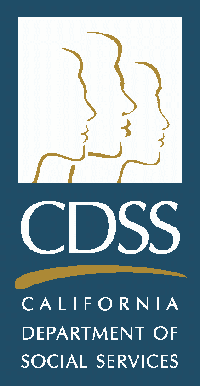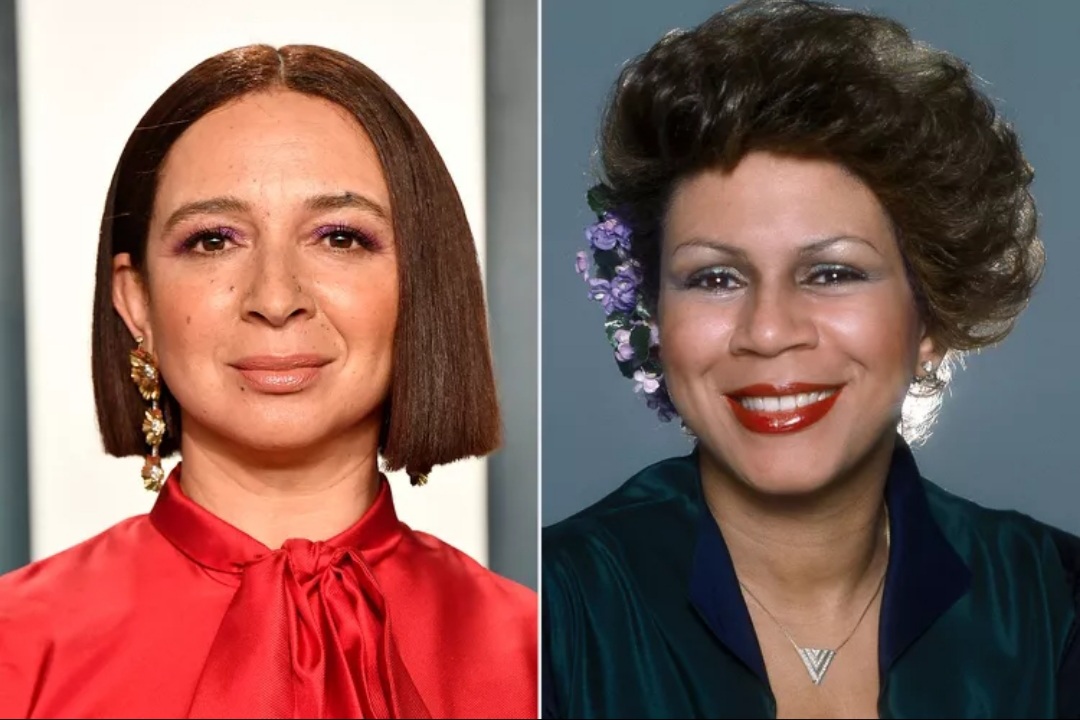
Commission on the State of Hate addressing “Threats and Harassment toward Public Officials and Their Impact.”
By Freelance Writer, Stacey Spencer
The Commission on the State of Hate community meeting, which took place on December 8, 2023, gave an essential venue for addressing the urgent subject of “Threats and Harassment toward Public Officials and Their Impact.” The YouTube video of this talk evolved into a detailed examination of the mounting issues that public servants face in the horrifying domain of prejudice and mistreatment.
Prominent speakers convened at the event to share urgently needed ideas and experiences. The main aim was to elucidate the distinct characteristics of the issue and elucidate the complexities of the threats and harassment that the general public faces. By delving deeply into this complex topic, the conference sought to analyze the changing environment that public employees work in and highlight the consequences of these challenges.
The event’s goal was to provide a comprehensive overview of the current difficulties and drew together a sizable number of academics and thinking leaders. On December 8, 2023, a turning point in these negotiations was achieved, indicating the Commission’s determination to address the significant and changing threats and harassment that public officials experience.
The seminar began with an assessment of the gravity of threats and harassment aimed at public leaders. Key speakers, including Regina Qua, Chairwoman of the Shingle Springs Band of Miwok Indians, and Commissioner CCE Filer, Chairperson of UCLA Neuros’ Psychiatric Board of Advisors, underlined the need of solving these concerns. The first remarks set the stage for a lengthy conversation on the escalating worries about public employees’ security. Commissioner Regina Qua emphasized the significance of the meeting by bringing up the local First Peoples and the need to preserve their ancestral homelands.
The subsequent Commissioners provided a broad viewpoint. Commissioner Cynthia CH, Co-Executive Director of Chinese for Affirmative Action, was one of them and she spoke about the rise in discrimination against Asians. Professor Emeritus Brian Levan, the creator of the Center for the Study of Hate and Extremism at Cal State University San Bernardino, highlighted the importance of peace studies and conflict resolution. Russell Roy Ball, Commissioner of the California Commission on the State of Hate, welcomed attendees and stressed the forum’s significance in halting threats and intimidation directed at public servants.
In a compelling introductory address, San Diego Mayor Todd Gloria discussed personal experiences and voiced worries about the increasing personalization of assaults on public leaders. He emphasized the need of addressing these concerns by citing San Diego initiatives such as the establishment of a Climate Equity Fund. Mayor Gloria stressed the importance of communication and education in upholding democracy while calling on people to join in public service.
Subsequently, the influence of social media on public officials is discussed, emphasizing the alarming increase in harassment. Dr. Reena discusses the results of a comprehensive research that included surveys, interviews, and media evaluations and was carried out in San Diego County. Surprisingly, 75% of elected parliamentarians have experienced threats; women have been disproportionately impacted (82%). 47% of respondents to the study said they had experienced harassment on a monthly basis, which suggests a worrying pattern of growing threats since 2018. Regretfully, threats caused 50% of respondents to consider quitting public service; women were more inclined to consider it than men (32%). The report underlines the adverse influence on mental health as well as the urgent need for accountability and treatment. Dr. Carl Luna, Director of The Institute for Civic Engagement at The University of San Diego, discusses possible solutions for this widespread problem. These include looking at methods to make abusers more responsible and even connecting good conduct to the right to speak out in public meetings. The aim is to decrease the hostile environment by protecting the safety and well-being of elected officials in the face of increasing harassment.
Throughout the discourse, the panelists’ personal tales brought to light the increasing risks that public leaders face. Emphasis was placed on cases involving women, people of color, and LGBTQ individuals. Recent research provided by Dr. Rachel Moran indicates that threats and harassment have been experienced by 75% of San Diego County’s elected leaders. The alarming 82% of assaults that specifically affected women highlights how gendered these attacks are. As was already said, these issues are not new; rather, they have become more pressing over time. The presenters emphasized the historical background, contextualized these problems within a larger social revolution, and emphasized the pressing need for comprehensive answers.
The film highlights the need of transcripts for accurate data by using two powerful case studies to demonstrate how threats impact public officials. The first instance is McMahon, an online enthusiast who was linked to the shooter at the Tree of Life synagogue. A black candidate for Charlottesville city council chose to withdraw from the contest because to fears about his safety after threats from McMahon. In the second example, a danger with strong political opinions similar to those expressed by Donald Trump is examined. Law enforcement was originally hesitant to intervene, despite the threater’s repeated threats against prominent figures such as Nancy Pelosi and Adam Schiff, as there was no evident physical risk. The research emphasizes how difficult it is for public authorities to ensure security during board meetings and how cautiously they should react to threats of this kind, particularly in view of the rising disagreements over educational principles such as justice and inclusivity.
Commissioner 11 applauded the useful information offered and voiced worry about the violence and threats directed against elected officials during the Commissioner Questions and Engagement portion of the discussion. Commissioner 11 emphasized how professionally run and funded the problems were, particularly at school board meetings when unidentified attendees—possibly underpaid—influenced the conversations. A query about charges was made to Commissioner 11, especially asking whether several crimes against the same offender were counted separately. The speakers said that they used the self-reporting of elected officials to define threats and harassment in order to subjectively describe their experiences.
Commissioner 11 stressed that suggestions for the upcoming report ought to be well thought out. They emphasized the need of tackling the issues that public servants deal with as well as the conscious attempts to keep some individuals out of the public eye. During the Public Comments and Concerns session, a member of the community voiced concerns about the burden that economic challenges are placing on American families as well as the growth in extremism within religion. They questioned how the government was handling these problems and voiced concerns about the incoming Speaker of the House.
Commissioner Filer responded to this criticism by highlighting the financial challenges that families encounter, including job automation and outsourcing. The significance of addressing these concerns at the federal level was emphasized. Along with worries about foreign users on social media, the commenter proposed ways to improve responsibility. A Jewish representative of Family Service also spoke about their own encounters with the growing anti-Semitism. They highlighted the diversity among the Jewish community and the situations that followed in which Jewish students felt intimidated on campus. The speaker emphasized the need of understanding how global events affect the local Jewish community while sharing personal accounts of people seeking treatment that is appropriate in their culture.
The panel also discussed the marketing of hatred and extremism, mentioning those who, like those in other fields, profit from spreading certain stories. Commissioner Filer recommended modifying the Brown Act to provide elected officials more security while conducting public gatherings. Commissioner Filer advocated for a revision of the Brown Act to improve the safety of elected officials as the conference came to an end, calling for suggestions to the legislature on how to reduce hostility in the state. The public was asked to politely communicate and share their various viewpoints. The discussion came to a close with a public statement about the effects of rising anti-Semitism on the Jewish community.
If you are of African descent (Black / African American) living in California, and you have survived a hate crime or incident, or you are a family member of someone who lost their life to a hate crime, and would like to share your story or testimony with THE HUB, e-mail contact@sacculturalhub.com or call 916-234-3589. With your help, THE HUB can attempt to be apart of solutions that heal the community while forging ahead to stop the hate. CLICK HERE to take the brief Heal The World! Stop The Hate Awareness survey. Thank you!
The Stop The Hate campaign is made possible with funding from the California State Library (CSL) in partnership with the California Commission on Asian and Pacific Islander American Affairs (CAPIAA). The views expressed on this website and other materials produced by Sac Cultural Hub Media Foundation do not necessarily reflect the official policies of the CSL, CAPIAA or the California government. Learn more about the Stop The Hate campaign at: https://capiaa.ca.gov/stop-the-hate/






